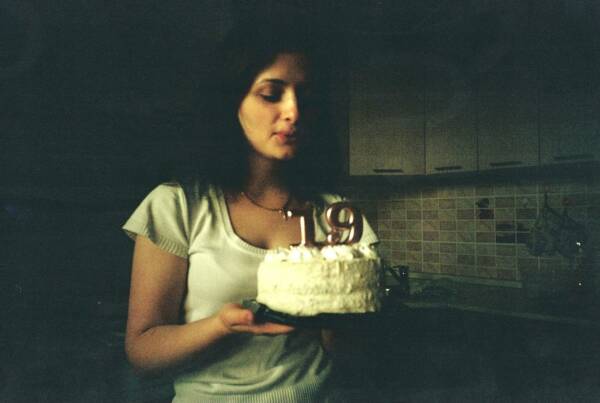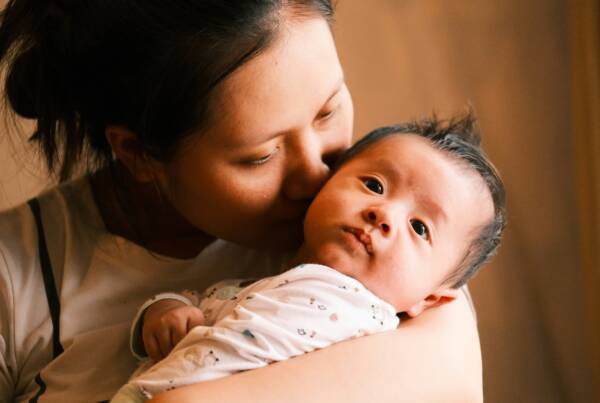Writing by Laura Hedge // Photograph by Gabriela Azel
Sometimes, you will find yourself in a situation which seems a completely normal and expected part of life and yet, surprisingly, you won’t be prepared for it. For example, you will most likely not have been taught how to do your taxes until you have to do them. Another example, even more gut-wrenching then filling bureaucratic forms, is the first time you attend the funeral of someone you really cared for.
If you are lucky enough to never experience grief, you are luckier than any human who has ever lived. Everyone is touched by it at some point in their lives and most will attend a funeral. Since grief is an almost universal experience, I was taken by surprise when I realised I didn’t know what I, or anyone else, may do or feel at our final goodbye to someone special.
These are the things I learned from the first funeral I ever attended.
1. It is easiest to attend the funeral as if you are in a hurry.
Think more about what you’re going to wear than you need to. Get dressed and ready quickly. Be distracted. You’ll probably arrive earlier than required and have less time to upset yourself before the ceremony starts.
2. Know what a few other people will be wearing, though you will most likely be uncomfortable anyway.
It is possible to feel self-conscious and awkward at a funeral. Knowing the dress code brings a little bit of comfort.
3. There will be more strangers than expected and there is no good way to meet them.
Have you actually met these people? There may be quite a few people who know who you are even though you can’t remember meeting them, particularly if a lot of distant family members are attending. The best is to keep everything simple; your name, your relation to the deceased and something about what you do most of the time, whether that’s study, work, or planning your way to a different goal.
4. You will be hugged by strangers.
There is no getting out of it. You’ll also be hugged by people you know well. Be prepared to embrace everyone as your nearest and dearest because many people, perhaps even you, will need to feel that physical comfort.
5. Do not automatically clap after a speech or poem.
It’s safest to see if everyone else does first.
6. You may not cry when everyone else does.
A song or picture may trigger everyone in the room, but not you. You may even laugh at some pictures and memories.
7. It’s okay if you don’t cry.
You can care and not cry.
8. It’s also okay if you cry a lot.
Even if it’s the ugly crying which is loud and slobbery. It’s also okay if you start crying after the funeral has ended and everyone has composed themselves.
9. There is no correct way to mourn the loss of a person.
You will find the way you mourn. That’s not to say you’re a ticking time bomb and eventually you’ll explode into a puddle of tears. You may feel lost, sad for a while, or sporadically sad over a little while. Perhaps the funeral will be the time you say a proper final goodbye, or you may not be ready then.
10. People will need to talk and if you do, you should
Perhaps not at the funeral or right afterwards, but be open to talking to others at some point. If you need to talk about your loss, the people at the funeral show some of those who can understand and want to listen.







